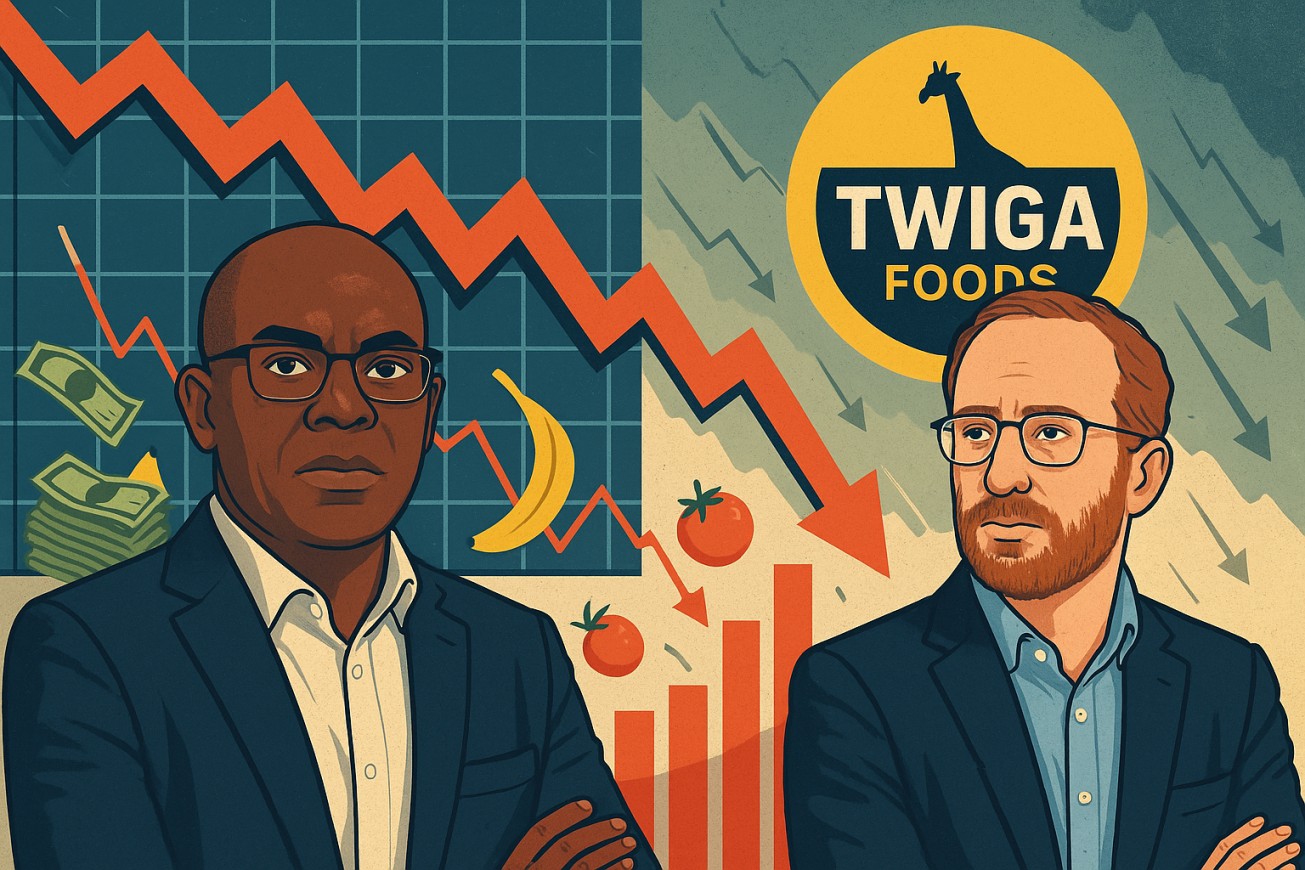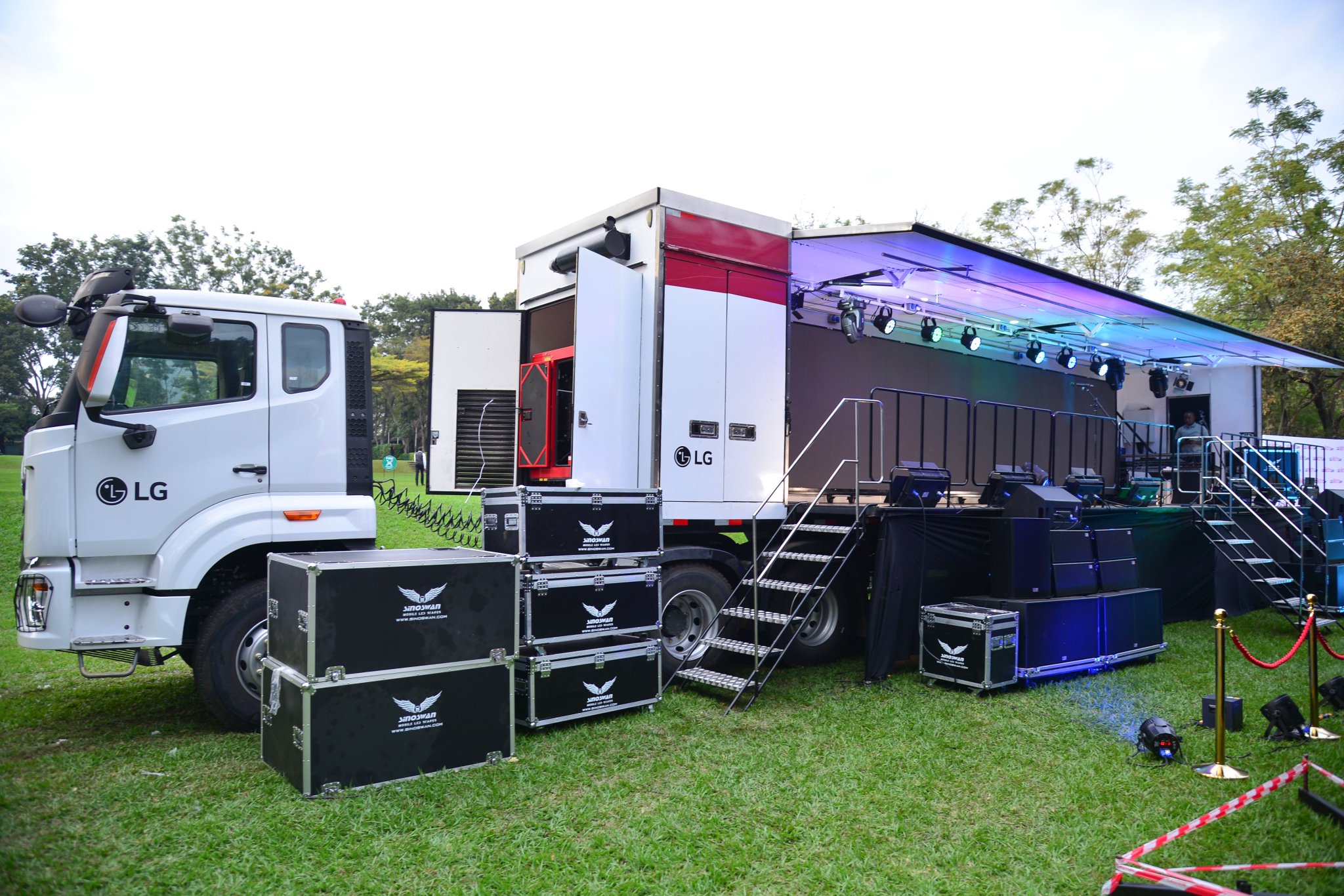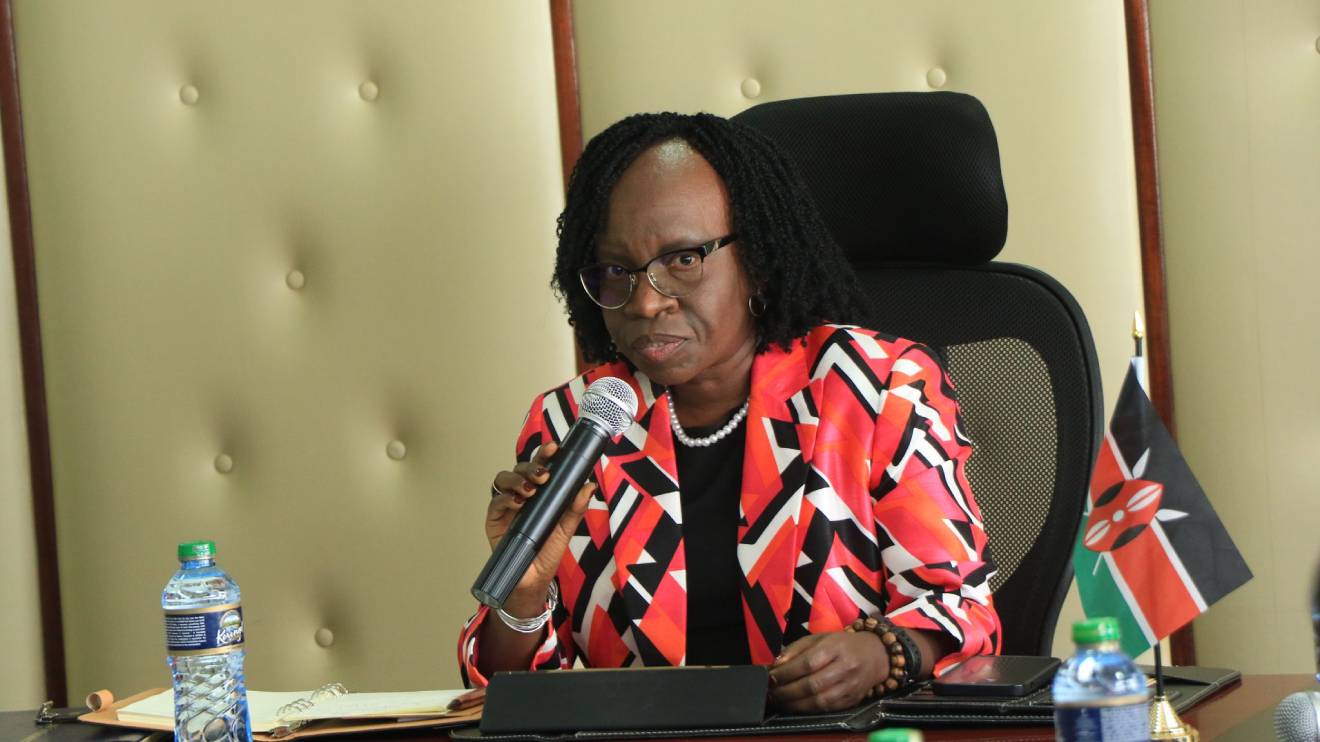Once hailed as the future of African agritech, Twiga Foods was once upon a time one of Kenya’s most celebrated startups.
With its promise to transform the fragmented food supply chain by connecting farmers directly to vendors using technology, Twiga Foods rapidly attracted global investors.
At its peak, the agritech startup raised more than $100 million from investors such as Goldman Sachs, IFC, and TLcom Capital.
The firm’s founders were invited as keynote speakers at various international summits as the “African success story” made headlines in Forbes, The Economist, and TechCrunch.
Yet in a few short years, Twiga Foods crumbled, and by 2024, the once-thriving startup initiated layoffs in waves, defaulting on supplier payments, amid shrinking operations.
Read More
The fall was so sharp and sudden that it left many observers dumbfounded.
However, as the dust settles, investors in Kenya, across Africa, and internationally must take stock. What went wrong? And more importantly, what significant lessons can be learned?
Here are 10 key lessons we can pick from the Twiga Foods’ melodramatic collapse:
1. Good ideas don’t guarantee sound business models
Twiga Food’s vision at the onset was brilliant: remove middlemen, pay farmers more, and provide retailers with affordable, fresh produce.
Vision alone, however, is not sufficient.
Execution must be grounded in unit economics; how much it costs to acquire and serve a customer vis-a-vis the revenue earned from them.
Twiga scaled rapidly without demonstrating profitability and the more the startup company grew, the more money it bled.
The firm’s logistics-heavy model involving trucks, warehouses, and cold storage, demanded massive capital expenditure and tight operational efficiency, which it struggled to maintain.
Takeaway for investors: do not fall in love with the idea without scrutinizing how that idea translates into sustainable, profitable operations in the long term.
2. Tech cannot magically fix broken infrastructure
Twiga Food branded itself as a “tech-enabled food supply platform,” but the real challenge in African agribusiness is not lack of tech, it is poor infrastructure: from bad roads, to erratic electricity, to inadequate storage.
While Twiga’s app streamlined the scheduling of ordering and delivery, it failed to overcome the myriads of logistical challenges facing Kenya’s rural areas.
Tech is only as effective as the infrastructure it runs on, hence digital innovation must go hand-in-hand with physical infrastructure, especially in emerging markets.
Do not assume an app can fix systemic supply chain weaknesses.
3. Overexpansion can kill a startup
Between 2020 and 2022, Twiga expanded aggressively from the initial bananas and tomatoes to dry goods, built out fleet services, and even unveiled its own branded products.
The startup also expanded into new counties and flirted with pan-African ambitions but the problem is that it was spreading itself too thin.
Every new vertical required fresh capital, deeper supply chains, and added complexity and ended up magnifying its inefficiencies instead of achieving expected economies of scale.
The key takeaway for investors here is that scaling before achieving operational stability is a recipe for disaster.
4. Burn rate should be an early warning sign
Twiga Foods witnessed a high monthly burn rate with some insiders revealing that tens of millions of shillings were expended per month on salaries, warehousing, and logistics.
When investor capital was flowing in, the spending spree seemed justified but when funding dried up in 2023 amid a global Venture Capital (VC) downturn, the cracks displayed vividly.
In less than a year, Twiga Foods went from hiring aggressively to effecting mass layoffs, which saw hundreds of its employees lose their jobs.
A key takeaway for investors here is to keep a close eye on burn rate, especially in asset-heavy sectors and demand realistic timelines to profitability from founders.
5. Founders must adapt as companies scale
Twiga co-founders Grant Brooke and Peter Njonjo were visionary entrepreneurs but even
visionary founders struggle to transition from bitty startup builders to managers of complex, multi-tiered organizations.
Sources from within the firm reported strained leadership dynamics, unclear chain of command, and inconsistent strategic direction, specifically during critical periods of scaling.
The main takeaway for investors is that as companies mature, leadership skills must also evolve with founders encouraged to hire experienced operators or step aside if necessary.
6. Due diligence should go beyond financials
Twiga Food’s financial statements, while promising on the surface, did not reveal the full extent of operational inefficiencies or supplier dissatisfaction the firm was experiencing.
Some farmers complained of late payments, as retailers also grumbled about inconsistent deliveries, but these glaring hitches rarely showed up in the company’s spreadsheets.
Here, investors are urged to go beyond the pitch deck and talk to employees, vendors, and customers and conduct cultural and operational due diligence away from financial audits.
7. Relying too heavily on investor money is dangerous
Twiga Foods raised funding in nearly every year it was in existence, exhibiting a classic case of being subsidized by investors rather than being sustained by customers.
When global VCs tightened their belts in 2023, the company’s capital tap dried up instantly.
This overreliance on venture money meant the company never had to face the discipline of building a lean, self-sustaining business.
Once VC pulled the plug on the firm’s funding lifeline, Twiga Food could not stand on its own legs.
Investors need to ask founders early on what happens if funding slows given he vulnerability of a business that lives on constant infusion by VCs.
8. Market realities must drive strategy
Twiga Foods wanted to digitize Africa’s informal food markets but these markets are driven by complex human relationships, informal credit, and ethnic supply chains.
Traditional middlemen, whom it sought to displace, have deep social and financial ties with vendors and its attempted Silicon Valley-esque disruption ignored these local dynamics.
Many vendors reverted to their trusted informal suppliers when Twiga Foods stumbled.
The key takeaway for investors here is that you cannot override market realities with tech or capital hence the need to tailor your strategy to the market, not the other way around.
9. There’s a big difference between social impact and business success
Twiga Foods’ model promised social impact; that is, better prices for farmers, reliable deliveries for vendors, and lower food costs for consumers, which are very noble goals.
However, social impact does not equal profitability and Twiga learnt soon enough that attempting to serve all three groups while also pleasing investors was impossible.
At various junctures, Twiga attempted to absorb transport costs, subsidize inputs, or offer interest-free credit, all in the name of impact, but at an unforgiveable cost.
The investor takeaway here is to be clear about your priorities as social impact and profitability often don’t align so don’t let noble intentions blind you to hard financial realities.
10. In African Markets, Resilience Matters More Than Glamour
For a while, Twiga Foods was the darling of global investors and the media led by its charismatic founders who occupied sleek offices and received international awards.
But underneath the glossy surface, cracks formed and widened.
Startups that thrive in Africa are those that prioritize resilience over reputation, businesses that sweat the small stuff, master distribution, adapt to shocks, and develop organically.
Consider Kenya’s informal traders who survive decades in the same spot with razor-thin margins as possessing the type of grit that African markets reward.
The key takeaway for investors here is to invest in businesses with deep market roots, adaptable teams, and rugged operations and not mere shiny decks and media thrill.
Not the end for Africa’s startups
Twiga’s collapse does not mark the death of African techas countries in the continent, Kenya included, still has myriads of entrepreneurs solving real problems with innovation and drive.
However, the tale of Twiga Foods is a cautionary tale reminding investors to stay grounded, ask tough questions, and resist allure of hype, and founders to build slow, smart, and strong.
In the end, the path to successful investing in Africa is not paved with billion-dollar valuations or splashy PR, but patience, discipline, local insight, and operational excellence.
If the above significant lessons are learned by investors in Kenya and across Africa, Twiga Foods’ spectacular failure will not have been all in vain.







